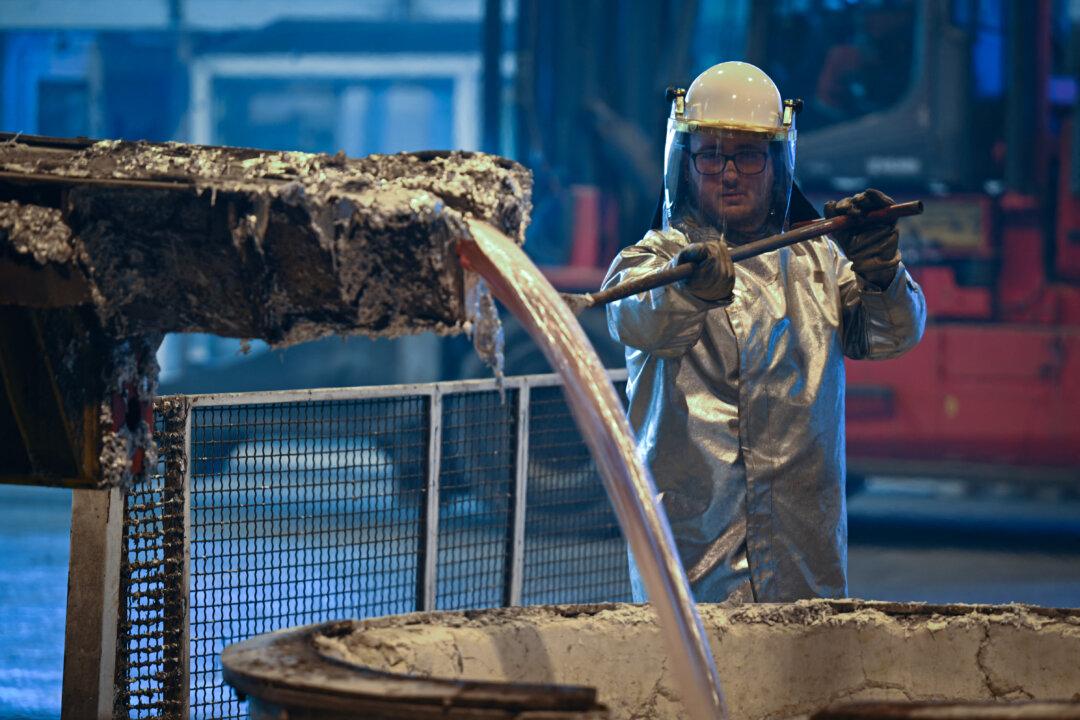The Australian Labor government has unveiled a new credit scheme to fast-track the decarbonisation of the country’s aluminium industry.
On Jan. 20, Prime Minister Anthony Albanese announced that the government would invest $2 billion (US$1.24 billion) to help aluminium smelters transition to using renewable-generated electricity before 2036.





